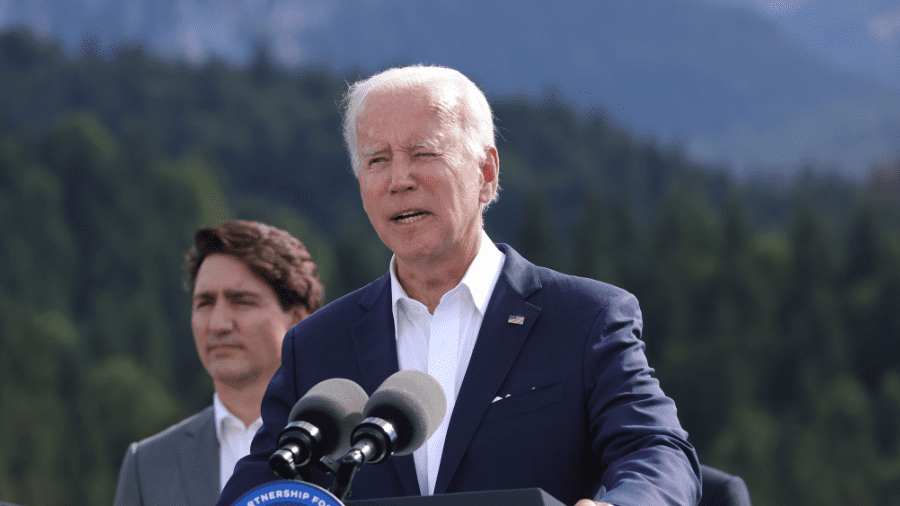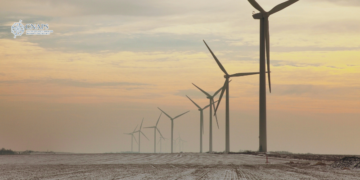This article was originally published in the Washington Examiner.
By Joseph Bouchard, August 30, 2023
In a desperate effort to keep the lights on, democratic countries around the world are inadvertently financing dictatorships.
Natural gas prices hit record highs in early 2022, largely stemming from Russia’s invasion of Ukraine and geopolitical kerfuffles with the other two largest exporters, China and Iran. While speculators and magnates around the world were able to adjust, families weren’t always so lucky, as prohibitively expensive energy costs became a fact of life for many households. Anti-gas extraction policies in North America, combined with massive gas reserves in Russia, China, and Iran, have made it difficult for consumers to adapt.
The United States can fill this vacuum, strengthening democracies around the world by providing them with cheap, green natural gas — but only if the Biden administration abandons its nonsensical energy policies.
Restrictive legislation promoted by environmental activists along with a limited number of export terminals are hamstringing the U.S. gas industry. The U.S. has already reached maximum capacity for its natural gas exports, a legislatively imposed limit that drives prices up, deterring foreign customers. To ensure energy security, boost our economy, and effectively mitigate carbon emissions worldwide, the U.S. should build more natural gas terminals and lift any and all restrictions on natural gas exports. Without such a policy, we undermine America’s climate goals and help our enemies.
Repressive regimes such as Russia, China, and Iran are the beneficiaries of America’s senseless energy policy. China is met with protests over its restrictive political, security, and sanitary policies. Russians continue to flee the country in droves over a crumbling economy and government. Women are still flocking to the streets of Tehran to demand basic human rights . Nevertheless, nations around the world, including U.S. partners such as Germany and Turkey , have no choice but to put up with these authoritarian regimes as they rely on them to remain energy-secure. This reliance makes them beholden to dictators who can turn off the pump whenever it suits their geopolitical goals.
To top it off, the natural gas produced by these tyrannical regimes is less energy-efficient and more prone to accidents than American gas. According to a U.S. National Energy Technology Laboratory study, U.S. natural gas is at least 72% cleaner than Russian gas. It’s also much more stable, with prices increasing by 250% over a one-year period; prices in Europe rose by 850% over the same time. One article from the Brookings Institution argues that American natural gas could become the linchpin of a bold effort to tackle climate change due to how economically and environmentally viable it is.
Natural gas from the U.S. also comes without the political baggage of these oppressive systems and helps bolster Western values. This ought to resonate with our European and Eurasian partners, who preach the gospel of green economies and liberal values while continuing to buy gas from Russia, Iran, and China. Cutting off these regimes’ market access may advance democracy and human rights while promoting economic and environmental stability. The Biden administration’s inaction is the only thing standing in the way of this immense, potentially bipartisan, opportunity.
It’s still possible to provide the nations of the world with stable clean energy, but to do so, the U.S. will need to step up to the plate. The Biden administration should quickly lift export restrictions, build more natural gas export terminals, finish the terminals currently under construction , and unleash the power of American natural gas. Getting American natural gas to the rest of the world will help alleviate the energy crisis while creating a greener, freer world.
Joseph Bouchard ( @GeopolWonk ) is a freelance journalist covering geopolitics in the Americas and a research assistant at the Macdonald-Laurier Institute. He is a master’s of international affairs candidate at Carleton University in Ottawa.








